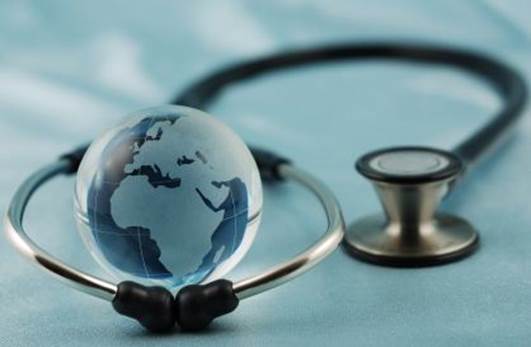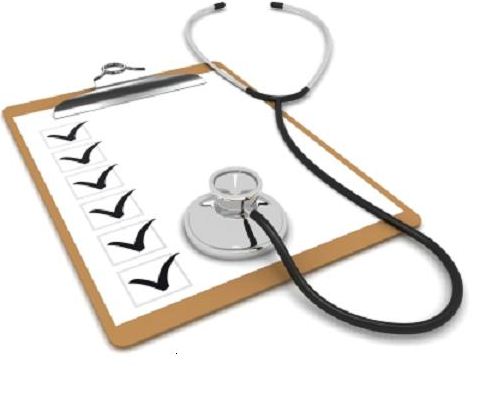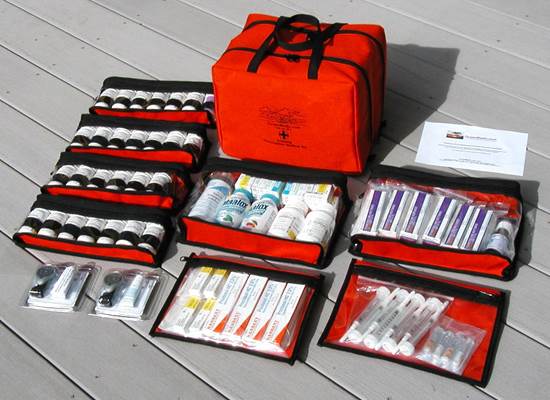These are the things you shouldn’t leave home without.
Insurance
Medical costs can be very expensive in some places and are
not covered by Medicare. The right kind of travel insurance is vital. Shop
around to find the policy that best suits your circumstances. Don’t
automatically go for the cheapest option, and ask lots of questions. Make sure
your policy covers your destination and the duration of your stay as well as
any pre-existing medical conditions and any specific activities you might do.
For example, standard travel insurance policies generally exclude ‘dangerous’
or ‘extreme’ activity such as snowboarding or surfing, rock climbing, bungee
jumping and scuba diving.
Make sure your policy covers emergency treatment,
hospitalization and repatriation to Australia and that the cover offered is
adequate for possible expenses in the places you are going to visit.

Medical costs can
be very expensive in some places and are not covered by Medicare.
Buy all medications before departure
A prescription from your doctor here usually cannot be
filled overseas, and familiar over-the-counter medications may not be available
in other countries, so you’ll need to carry an adequate supply – plus some
extra in case your plans are disrupted. Always check the medicine is legal in
the country you are visiting by contacting the embassy or consulate in
Australia.
If you have prescription medicines, you will also need a
letter from your doctor that includes the name of the medicine, how much you
are taking and that states that the medicine is for personal use.
All medicines should be kept in their original packaging,
displaying your name and dosage requirements and carried in hand luggage. If
you have to inject medication, it may be preferable to carry your own needles
and syringes. Again, make sure this is acceptable by contacting the embassy of
the country you are visiting and inform your airline before you travel.
Note important information
You should always carry basic medical information with you,
such as:
·
Contact details of your doctor and travel doctor clinic.
·
Your health and travel insurance details.
·
Names and doses of all medications.
·
List of allergies and chronic illnesses.
·
Addresses and telephone numbers of hospitals and clinics near
your destination.
If you have allergies or chronic illnesses, it would be a
good idea to wear an alert bracelet.

You should always
carry basic medical information with you
Medical kit
A medical kit is a must. The contents will depend on where
you are going, how long you will be away, what you intend to do and your
medical needs.

A medical kit is a
must.